Story by: Bhargav TS
Automotive industry is changing and it will need to be more integrated and has to offer on-demand personalised services that will include autonomous, shared and connected cars. Blockchain will make a significant impact on that change. Over the past year or so, stakeholders in the automotive industry have been looking into how the Blockchain technologies can be applied in businesses and are planning to launch major initiatives. 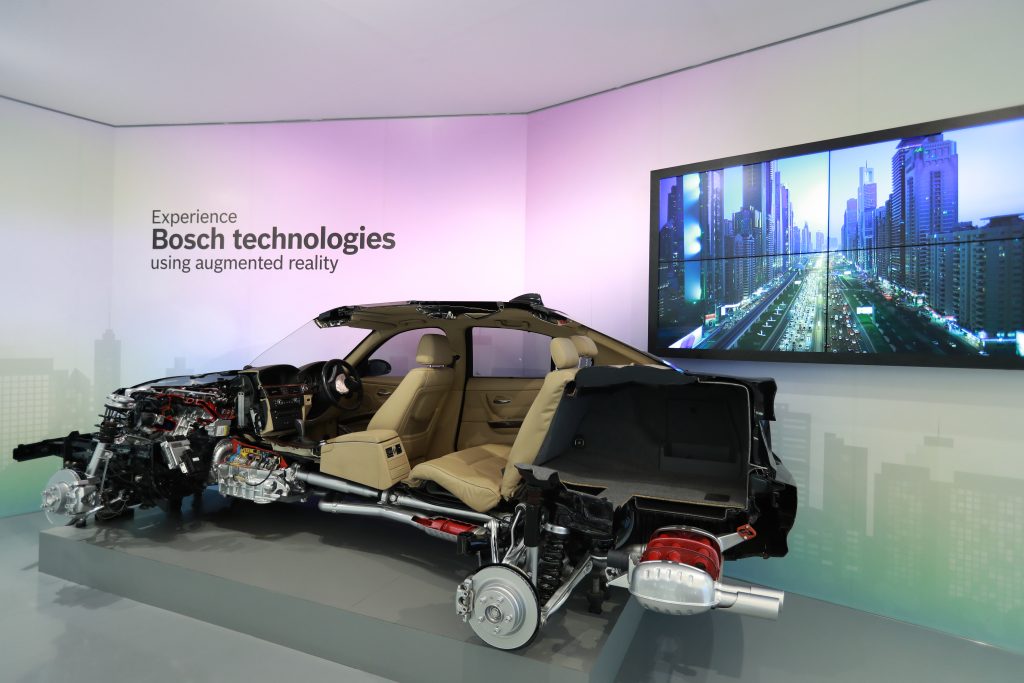
Bosch Limited, a leading supplier of technology and services with presence in both the mobility and the non-mobility businesses, is considering Blockchain as a technology that can create trust in devices and ensure that the information they provide is correct and trustworthy. Currently, the German component major is using Blockchain in its non-mobility business and is planning to bring it into the mobility space, mainly to indentify spurious parts.
Sri Krishnan V, Senior Vice President, Robert Bosch Engineering and Business Solutions Pvt. Ltd. said, “In our non-automotive business, we use Blockchain in various applications. Being a global system supplier, we are now trying to use it to find spurious components in the automotive supply chain. Same can be applied using the principle at the abstract level. We are working on the proof of concept. Blockchain concept is ancient, but we see potential to do such solutions. It did not start with the automotive and people have done it for diamond tracking. We are looking at finding the spurious components now. This is where it starts applying in our own space.”
Since the concept remains the same, it can be applied into various industries. The value of India’s aftermarket for spare parts runs into crores of rupees. However, the spurious parts still make up to 30- 40% of the total parts supplied in the market. Besides, these parts are priced about 30-40% cheaper than genuine parts and often without any guarantee whereas most genuine parts purchased and fitted at authorised outlets provide up to 6 months warranty against manufacturing defect. Almost all the aftermarket parts are identified by their packaging. The spurious parts also display logos, trademarks, packaging and, at times, even holograms of the Original Equipment Manufacturer (OEM), claiming to be genuine/OEM part of the vehicle manufacturer.
These parts often lack rigorous testing and routine quality checks and are pushed into the aftermarket under the guise of genuine spares. The automotive ancillaries are developing different ways to curb the spread of spurious parts since they pose a serious threat to safety. “If people are using spurious parts, not only does it impact a vehicle’s performance and safety, it also puts the lives of other road users at risk. It is, however, difficult for the end user to distinguish between genuine and fake parts. To address this challenge Blockchain technology will help us identify the spurious parts and take necessary steps to prevent duplicating.” he said.
Apart from identifying spurious parts, Blockchain will also help in electric charging. It will come up as it is a megatrend, said Krishnan. He further said, “Blockchain comes in 2-3 different used cases. People are looking at swapping batteries as a possibility and have tried it long ago. It is coming back now. When we swap a battery, we do not know how many cycles it might have gone, whether it is good or bad etc. One can check the history of the battery and that can be put up in the Blockchain. When we are charging the electric vehicle, we may think we are going green. But, do we know where the electricity is coming from. It can be from a thermal plant. Actually, they have done a proof of concept to trace the original source of energy. This requires green certification. It can be green or can be mixed and it is not that everything is green. Do we know how much of the energy we are charging is green? Through the supply chain of energy, we can trace it.”
The problems are the same for all and that is where companies like Bosch see a platform to work across different sectors like health care, agriculture, the automotive sector etc. “That is what I call in a horizontal plane of a new age technology. It requires a cutting point and domain knowledge. We have the automotive domain knowledge. In other industries we will work with the domain experts. This is where we see the business opportunity. That is the focus of our innovation, identifying this kind of technology that can apply to multiple verticals identify platform opportunity, create a platform and work with the respective vertical and create a new value,” Krishnan explained.
Beyond mobility
At the heart of all these changes lies innovation, and Bosch is turning itself into an innovation hub for the world by developing solutions based on AI, Blockchain, sensors and other futuristic technologies to build sustainable ecosystems across industries for the future. Bengaluru is one of the global innovation centers for AI solutions and transformations are being driven through Bosch’s “3S” strategy – where it uses sensors, software and services. Bosch’s innovation accelerates this growth with robust distribution networks, India-specific innovations, consumer centricity, and lastly, by entering new market segments.
Bosch is accelerating the digital transformation of enterprises beyond mobility and developing solutions that are designed for the usability and affordability needs of Indian customers. A key component of Bosch’s beyond mobility offerings is Industry 4.0 technologies. Bosch is building smart factories with the focus on automation, digitalisation, AI and IoT that are boosting productivity, quality and safety. Bosch leverages a unique dual-strategy of being a leading user and provider of Industry 4.0 solutions in the market and is thus well placed to build an ecosystem of business and technology partners to create affordable digital solutions for SMEs and customers.
Bosch is boosting its beyond mobility business with smart solutions based on growing infrastructure and consumer demand. “Our business is in a process of profound transformation from a hardware focus to models that focus more on services and data. We have the capability to develop greenfield technology that can power industries in a new-manner,” Soumitra Bhattacharya, Managing Director, Bosch Limited and President, Bosch Group, India, said.
Over the last few years, beyond mobility solutions have gained 35% and have contributed greatly to the Bosch Group’s turnover. Bosch’s initiatives in India are leading it into new verticals with digital solutions in the core. Be it connected industry, energy efficiency, smart home or other areas, Bosch is continuously growing due to successful collaboration of its cross-divisional teams, engineering heritage and strong presence on the Indian market. The company integrates local talents into the development of solutions for the country’s market.
By collaborating and leveraging synergies within and outside Bosch, combined with capabilities in integrating hardware and software, the company is on a transformative journey to become a leading service provider in the age of digitalisation and automation.




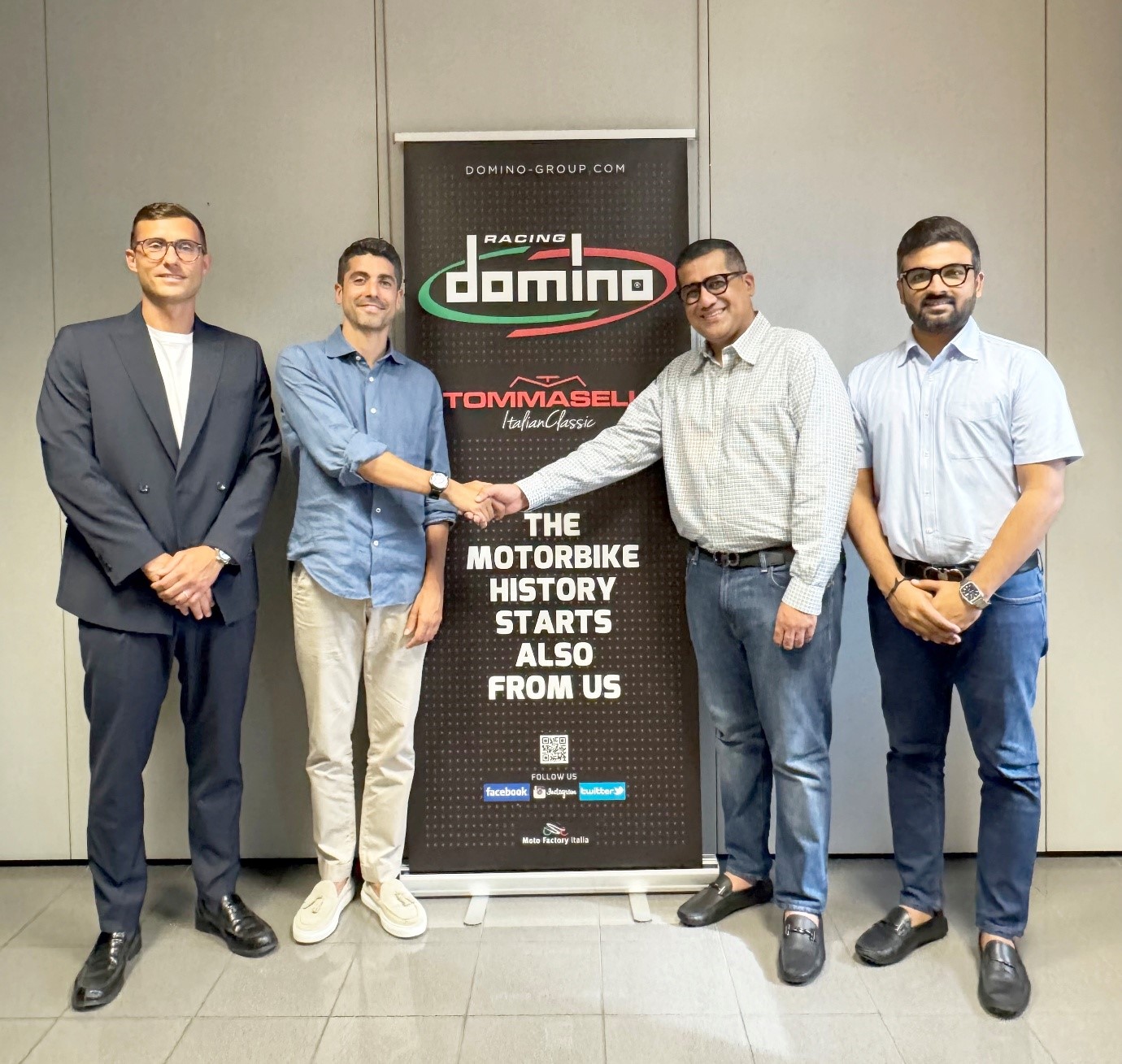
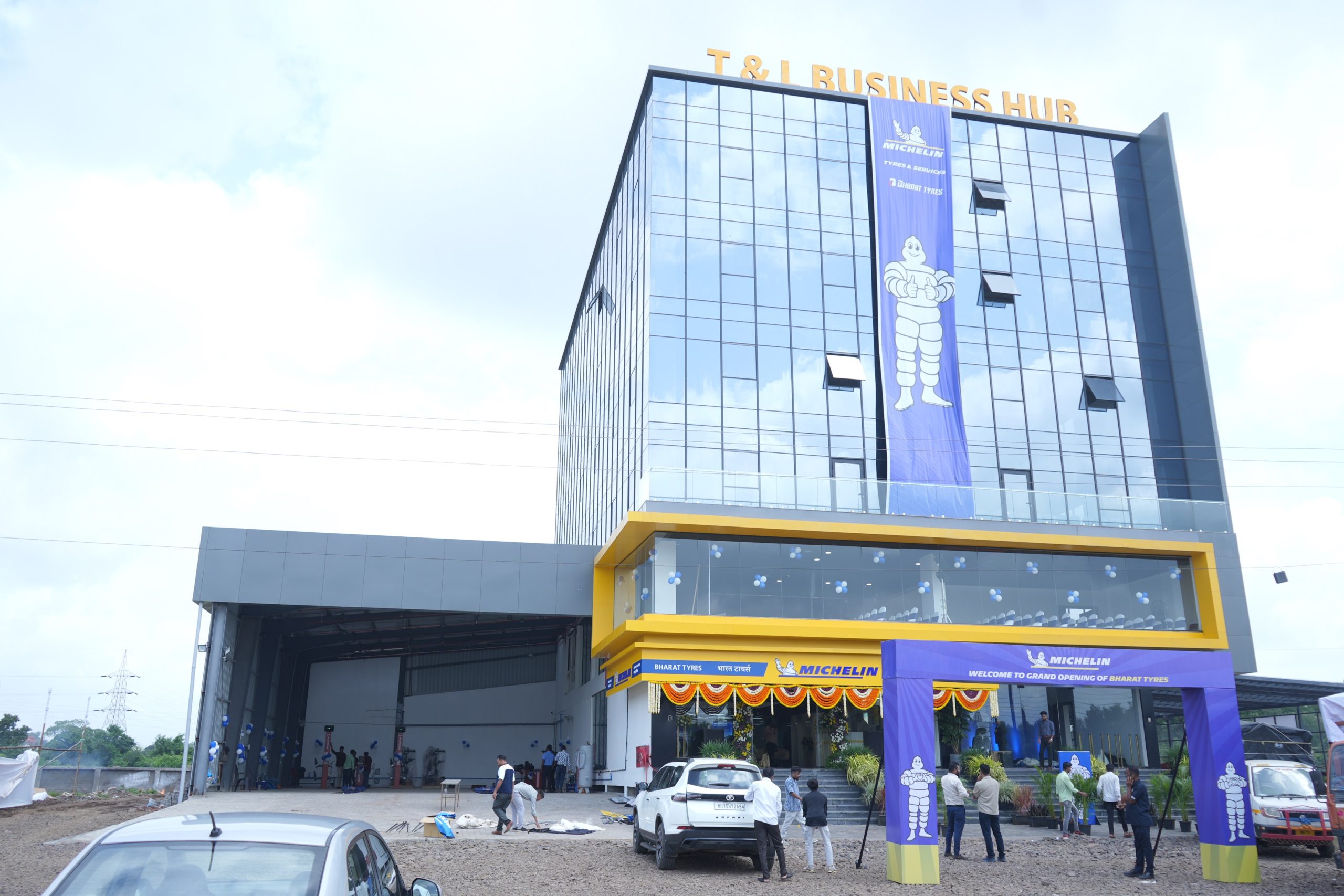
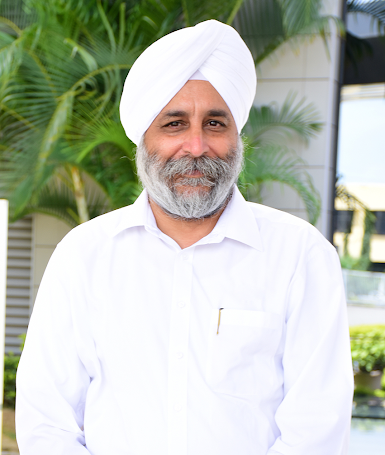
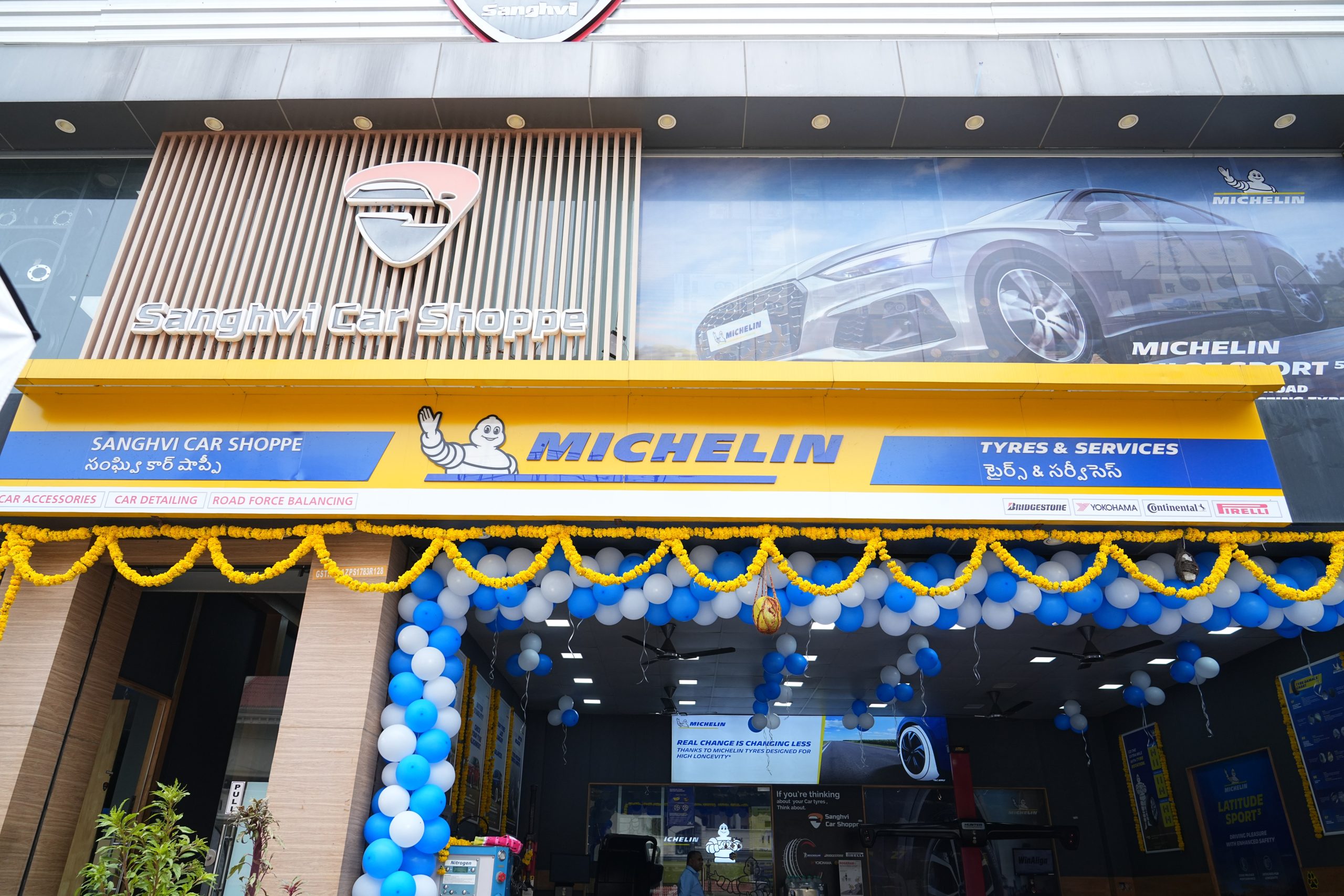
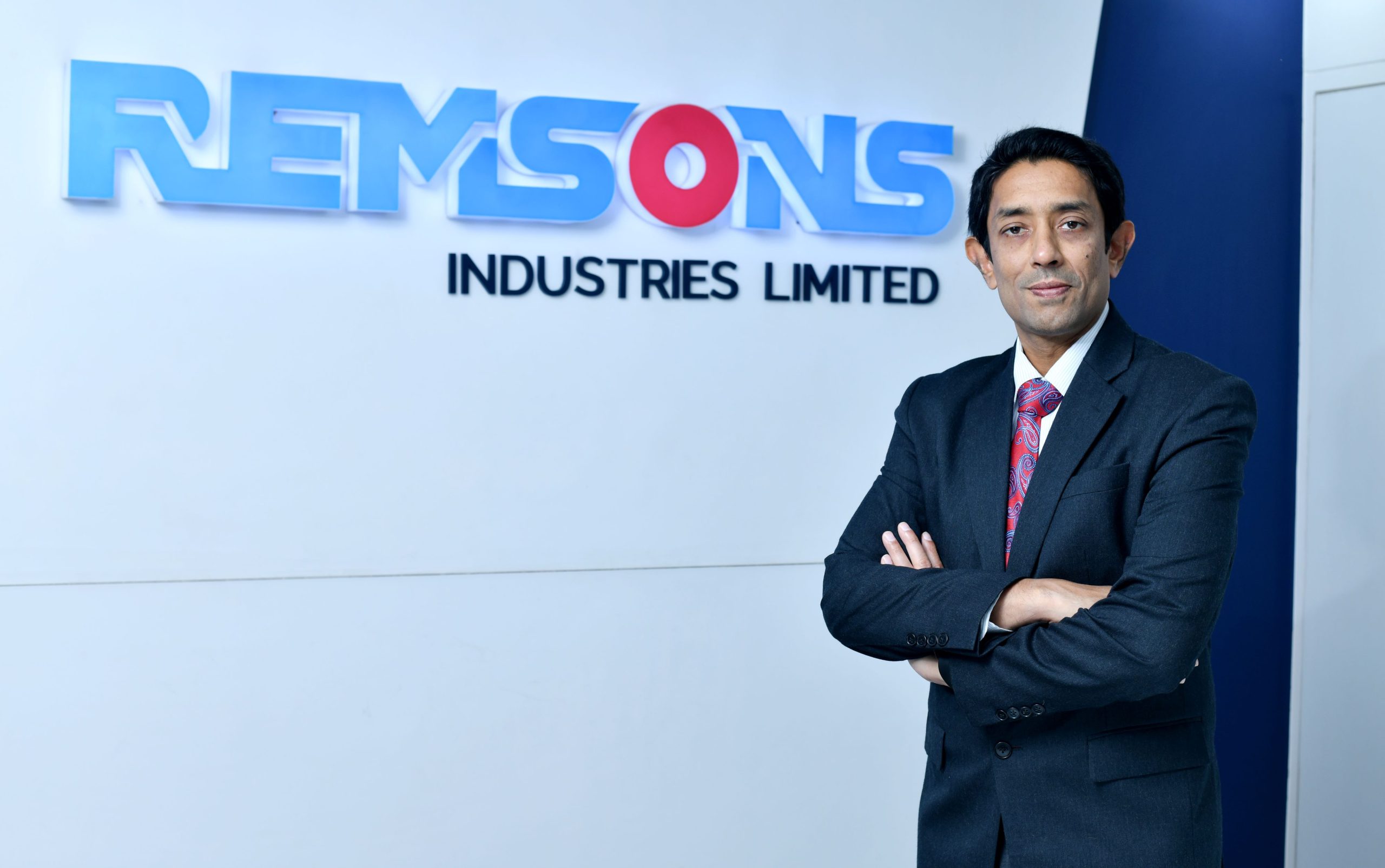
Leave a Reply